Real estate projects often need more than just a good location or design. They need the right people behind the money. Equity partners bring much of the cash behind larger deals. But they do more than sign off on checks. They help shape the direction, timeline, and success of a property deal. Picking the right one for your venture can be the difference between moving forward with confidence or struggling through roadblocks.
Dallas continues to open doors for real estate investors. From land deals in South Dallas to redevelopments in places like Oak Cliff and Uptown, capital partners are everywhere. But not all of them are the right match. Knowing how different equity partners operate helps Dallas investors line up with those who support their goals, timelines, and working style. And that kind of fit matters more than most people think.
Types Of Real Estate Equity Partners
When it comes to equity investors in real estate, they usually fall into a few categories. Each type works a bit differently, and the size or type of your deal often determines who makes the most sense to partner with. Here’s a rundown of the most common types of equity partners you’ll find working in Dallas deals.
- Traditional Equity Partners
These investors usually have long experience and a steady approach. They often stick to familiar types of properties, such as apartment buildings or office spaces in proven areas. They prefer low-risk investments and usually want a seat at the table when big decisions are made.
Pros:
– Have a proven track record
– Tend to bring local market experience and stable funding
Cons:
– Might want more control than you’d expect
– May shy away from newer or riskier projects
- Institutional Equity Partners
These are the larger players—think banks, investment firms, and pension funds. They bring deep pockets and strict systems. These partners usually join only on large-scale projects, such as high-rise buildings or master-planned communities.
Pros:
– Can fund large developments
– Offer a structured process and experienced teams
Cons:
– Slower to commit due to due diligence layers
– Smaller projects usually don’t qualify
- Private Equity Partners
These partners usually come from a more entrepreneurial angle. They may be wealthy individuals or small firms looking for flexible but profitable ventures. Their funds move faster than institutions, and they often engage in creative or middle-sized projects.
Pros:
– Quick to act and open to creative deals
– More open to negotiation and different asset types
Cons:
– Often expect high returns in shorter windows
– May want more involvement than you’re used to
- Syndicates
Syndicates combine smaller investors into one pool. Often led by someone experienced, syndicates can help fund mid-level real estate deals. They are especially common in community development or niche projects where flexibility is key.
Pros:
– Funding can be more flexible
– Small investors can join large projects
Cons:
– Can become disorganized if leadership is weak
– More participants means more communication challenges
Matching your project size, timing, and complexity with the right type of partner lays a strong foundation for success. Knowing where they stand from day one helps you avoid stalled timelines or misaligned expectations.
Tips For Finding The Right Equity Partner
Choosing a real estate equity partner in Dallas comes down to more than terms on paper. It’s about building a working relationship that can weather delays, disagreements, and the unknown. Here are a few pointers that help spot the right match from the beginning.
- Do Background Checks
Before signing anything, learn about their past investments. Have they worked in Dallas before? What did their last few deals look like? How long do they usually hold assets? Get referrals and see if they can show results that align with your goals.
- Make Sure Your Goals Match
You want to know you’re always looking in the same direction. This includes timeline, investment return, risk level, property type, and who manages what. If you’re looking to hold a long-term rental and they want to flip in 18 months, that’s a red flag.
- Talk About Boundaries and Roles Early
Don’t assume anything. Roles, responsibilities, capital contributions, and profit splits should be clearly discussed. You also need to know what happens if someone wants to exit early or step away. Define these things up front instead of during conflict.
- Bring in Legal Support
Don’t skip legal help. Every deal deserves a written agreement prepared by a lawyer who knows real estate. Even if you trust your partner, you need protective language in case things get complicated later.
Digging into these parts early on can keep your deal from derailing down the road. It also helps both sides feel confident in the relationship from day one.
Advantages Of Partnering With Local Equity Investors In Dallas
Finding equity investors in real estate who call Dallas home gives your deal more than money. It brings in local knowledge, nearby support, and that all-important speed of communication. These things can make a major difference in how efficiently your project moves and how well it meets local needs.
Here’s what Dallas-based partners often bring to the table:
– Market Insight: Local investors often have better timing. They may already know which Dallas neighborhoods are heating up, where zoning changes are coming, or what trends are shaping buyer demand.
– Faster Communication: Time really is money in real estate. Having a partner nearby makes it easier to hash things out over coffee, walk through the job site in person, or meet with city officials together.
– Local Network: Dallas-based equity partners usually know the best contractors, architects, and city contacts. Their network can jumpstart your paperwork, permits, and even tenant acquisition.
– Shared Impact: A local equity partner has a personal stake in how the project performs and how it affects the community. That attention to detail and long-term success can reflect in their approach.
– Boost To Local Economy: When both partners are local, the dollars tend to stay nearby. From hiring workers on the site to contracting local services, the ripple effect supports Dallas directly.
Let’s say you’re building a mixed-use space in Oak Cliff. A local equity backer may already have done deals a few blocks away, know which city boards to speak to about permits, and understand how neighbors are likely to react. That insight can steer the project in the right direction much faster than learning from scratch.
Building Real Success With Equity Partners
At the end of the day, real estate is heavily based on relationships. Investors bring visions to the table, but the right equity partner helps turn that vision into a finished project, one decision at a time. Whether it’s slow and steady growth over a holding period or a fast-paced redevelopment play, aligning with the right type of partner gives your idea the foundation it needs to go from possible to profitable.
With Dallas as your backdrop, you’re working in one of the most opportunity-rich regions in the country. Choosing equity investors that see the same future for a neighborhood or corridor as you do can lift the entire process. From securing the land to final inspections, having a strong partner in your corner is key.
Know who you’re working with. Take the time to make smart choices. Then build something that lasts, with partners who care about results just as much as you do.
Ready to take your real estate investments to the next level? Working with the right equity investors in real estate can make a big difference. At Grander Capital, we know the Dallas market well and offer tailored support to help turn your investment goals into real results.

